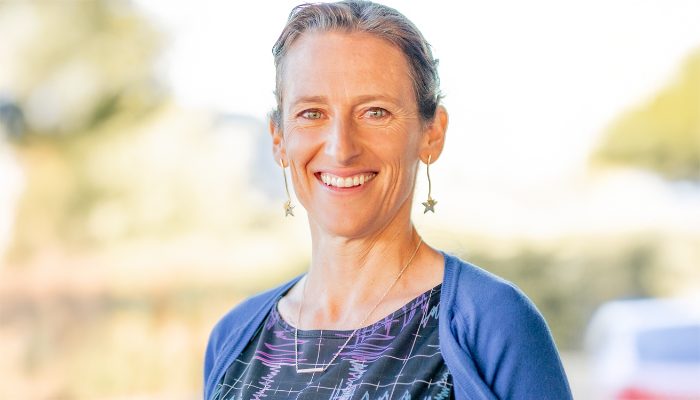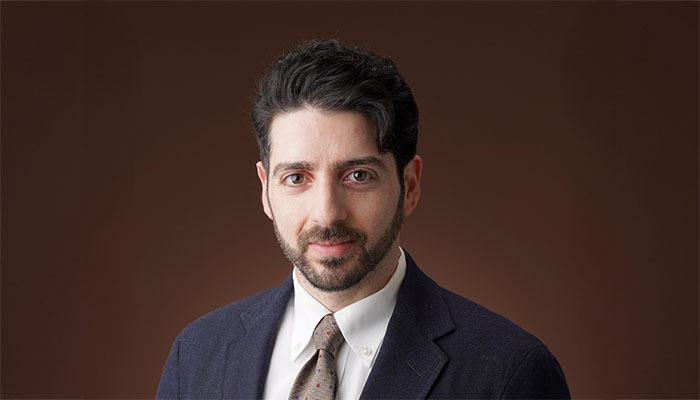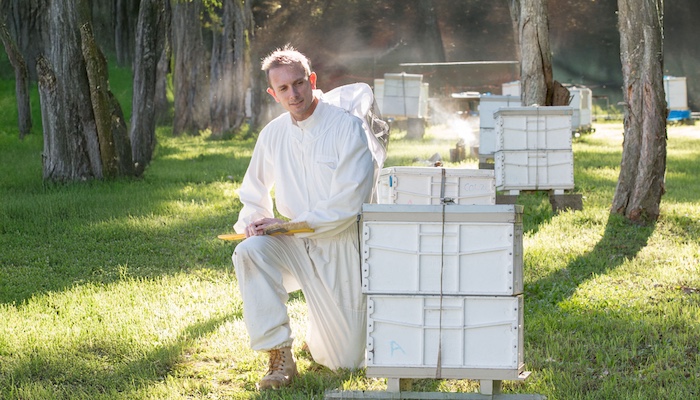Data collated by medical staff at Macquarie University Hospital has shown that a liposuction surgery performed on eligible lymphoedema patients has a success rate of nearly 100%, in one case relieving a patient of nearly eight litres of excess fluids in her right leg.
Upcoming Professional and Consumer Forums, both to be held on Thursday 23 April at Macquarie University, will host international and local guests involved in lymphoedema treatment and care, and patient support and advocacy respectively.
Both sessions will facilitate the shared learning of current best practices for patient outcomes and care. With the spread of these treatment advancements such as the liposuction technique, fewer sufferers will have to travel interstate for treatment.
Currently Macquarie University Hospital (MUH) is the only facility in the Southern Hemisphere to offer liposuction for eligible lymphoedema patients, and 25% of the clinic’s patients have had to travel from outside New South Wales for treatment.
Lymphoedema is an abnormal collection of fluid beneath the skin, causing swelling most commonly in the arm or leg. Lymphoedema can be triggered after the removal of lymph nodes, meaning breast or cervical cancer patients can be at risk of the condition.
The surgical technique, which is used in conjunction with the traditional treatments of compression bandaging and massage, involves the use of liposuction to remove the excess fatty fluids, returning the arm or leg to its former appearance and functionality.
“Our team are now leaders in this practice in their own right, having successfully launched our program and building our own expertise in an entirely different climate to Sweden. We are now sharing our expertise with a team of clinician contacts based in New Zealand,” said Louise Koelmeyer, Development Manager of the MUH program.
“We are excited to host such a broad range of lymphoedema stakeholders at our Forum events to help share the success of the technique. We are particularly glad to welcome Associate Professor Håkan Brorson from Sweden’s Skåne University as a key speaker, as Brorson is a pioneer in this practice, and has trained many of our clinical staff both here and in Sweden.”
Pre-surgery, all lymphoedema patients are limited in their abilities to perform functions such as walking, driving, and even wearing trousers, shoes, or jackets, due to their heavy, oversized limbs. Many also suffer the psychological trauma of not being able to return to regular life after already enduring cancer diagnosis and treatment.
Koelmeyer says the liposuction treatment is an unexpected approach to lymphoedema management, but the results speak for themselves.
“Lymphoedema patients as a rule are warned to be very careful when being administered injections, skin cancer treatments, or even blood pressure testing, due to the risk of infection. However, despite this surgery involving several incisions, the results we have achieved, having treated 36 patients from around Australia, have been nothing short of life changing.
“Our Forum events will help educate the lymphoedema community, both clinical and patient side, about the benefits of this program for eligible patients, and to myth bust around infection risk factors to see a greater uptake of similar programs around the country.”
You can learn more about the Professional and Consumer Forum events, and register here.
Upcoming Professional and Consumer Forums, both to be held on Thursday 23 April at Macquarie University, will host international and local guests involved in lymphoedema treatment and care, and patient support and advocacy respectively.
Both sessions will facilitate the shared learning of current best practices for patient outcomes and care. With the spread of these treatment advancements such as the liposuction technique, fewer sufferers will have to travel interstate for treatment.
Currently Macquarie University Hospital (MUH) is the only facility in the Southern Hemisphere to offer liposuction for eligible lymphoedema patients, and 25% of the clinic’s patients have had to travel from outside New South Wales for treatment.
Lymphoedema is an abnormal collection of fluid beneath the skin, causing swelling most commonly in the arm or leg. Lymphoedema can be triggered after the removal of lymph nodes, meaning breast or cervical cancer patients can be at risk of the condition.
The surgical technique, which is used in conjunction with the traditional treatments of compression bandaging and massage, involves the use of liposuction to remove the excess fatty fluids, returning the arm or leg to its former appearance and functionality.
“Our team are now leaders in this practice in their own right, having successfully launched our program and building our own expertise in an entirely different climate to Sweden. We are now sharing our expertise with a team of clinician contacts based in New Zealand,” said Louise Koelmeyer, Development Manager of the MUH program.
“We are excited to host such a broad range of lymphoedema stakeholders at our Forum events to help share the success of the technique. We are particularly glad to welcome Associate Professor Håkan Brorson from Sweden’s Skåne University as a key speaker, as Brorson is a pioneer in this practice, and has trained many of our clinical staff both here and in Sweden.”
Pre-surgery, all lymphoedema patients are limited in their abilities to perform functions such as walking, driving, and even wearing trousers, shoes, or jackets, due to their heavy, oversized limbs. Many also suffer the psychological trauma of not being able to return to regular life after already enduring cancer diagnosis and treatment.
Koelmeyer says the liposuction treatment is an unexpected approach to lymphoedema management, but the results speak for themselves.
“Lymphoedema patients as a rule are warned to be very careful when being administered injections, skin cancer treatments, or even blood pressure testing, due to the risk of infection. However, despite this surgery involving several incisions, the results we have achieved, having treated 36 patients from around Australia, have been nothing short of life changing.
“Our Forum events will help educate the lymphoedema community, both clinical and patient side, about the benefits of this program for eligible patients, and to myth bust around infection risk factors to see a greater uptake of similar programs around the country.”
You can learn more about the Professional and Consumer Forum events, and register here.



